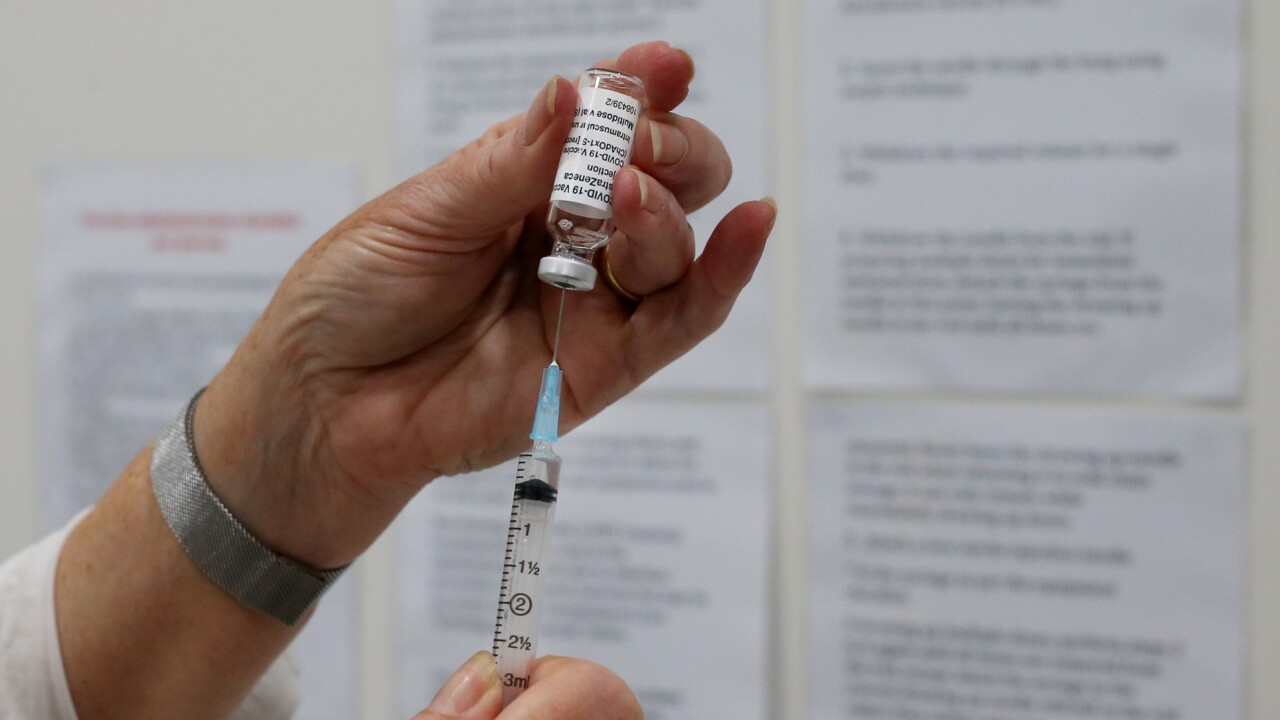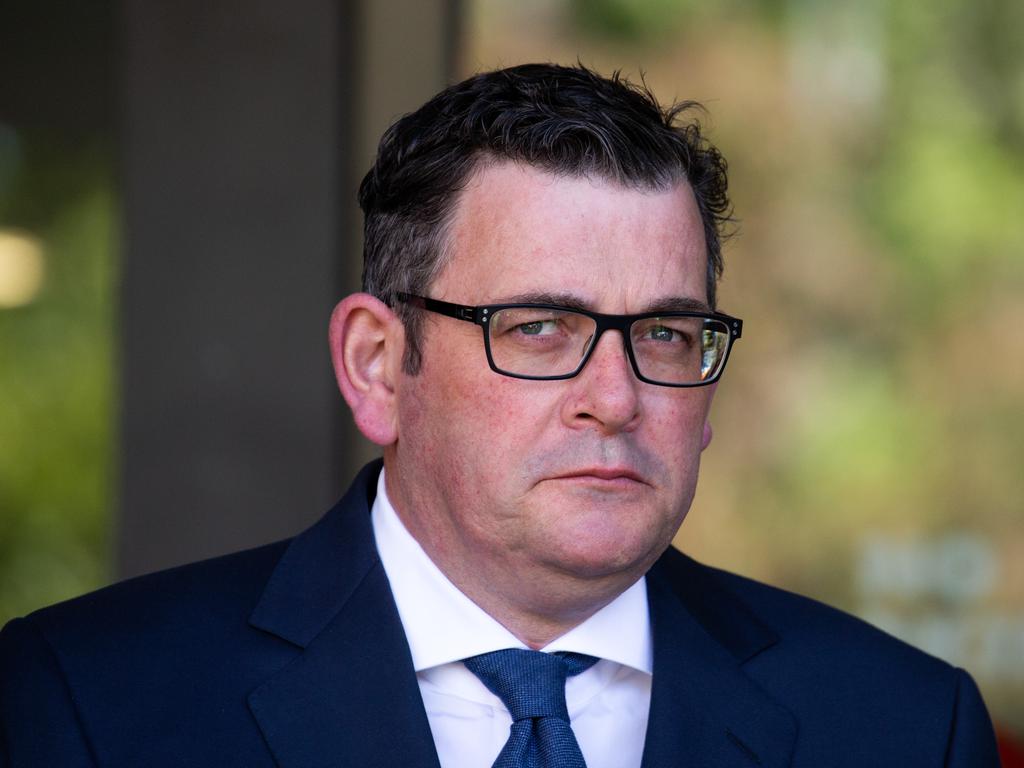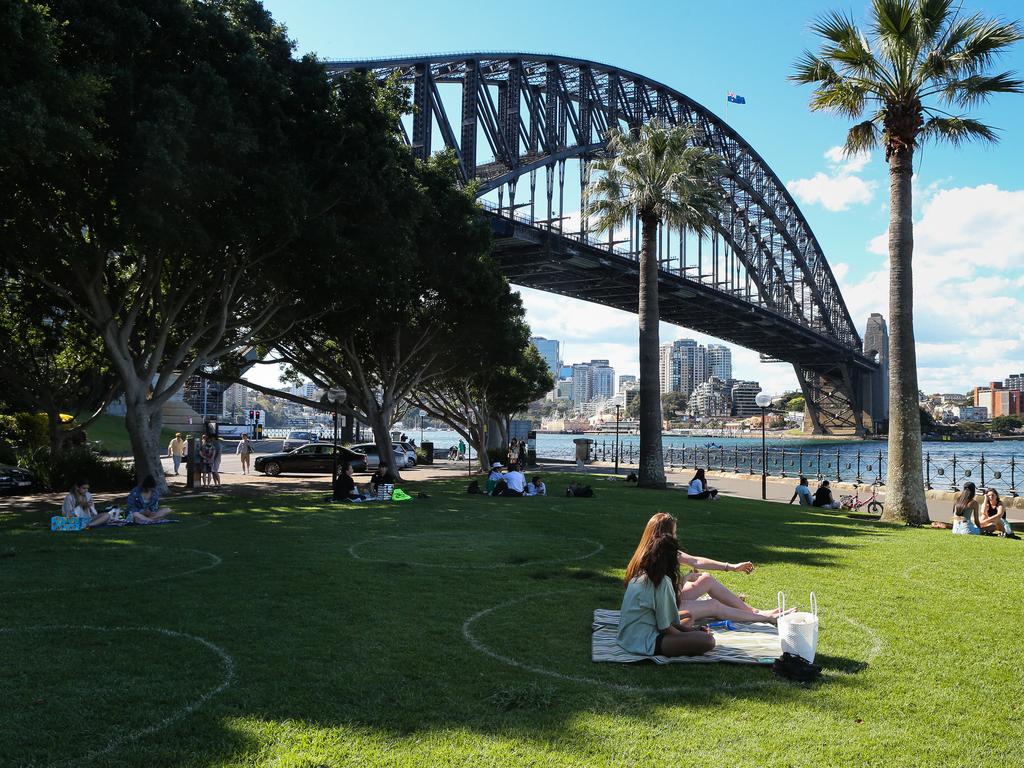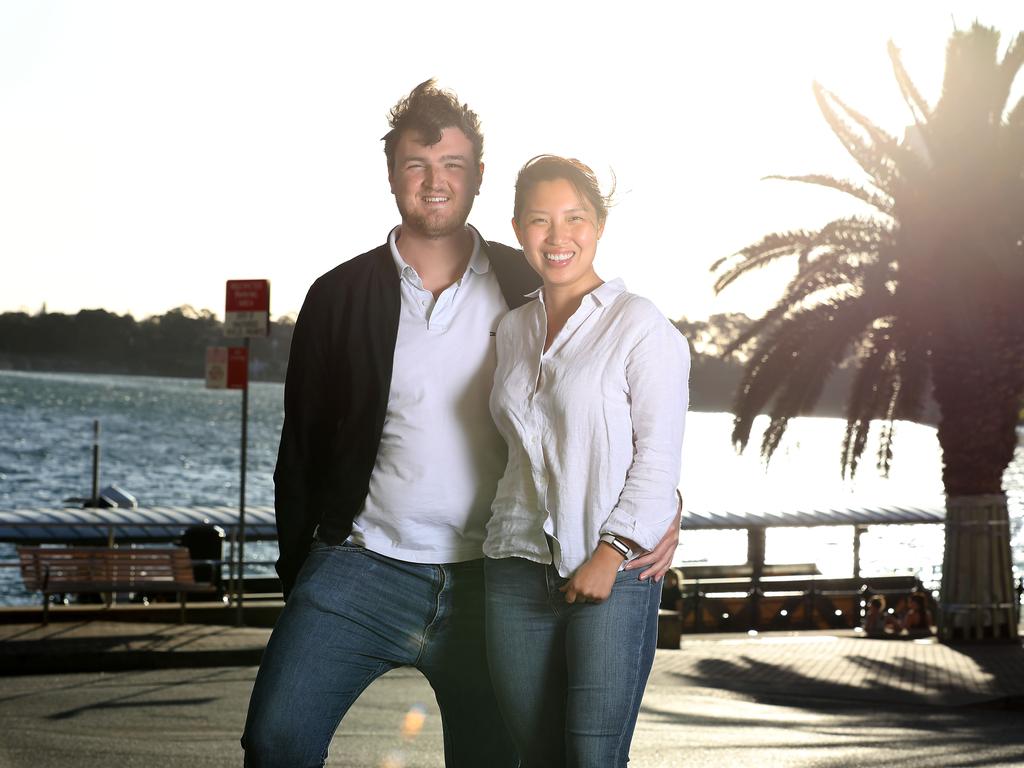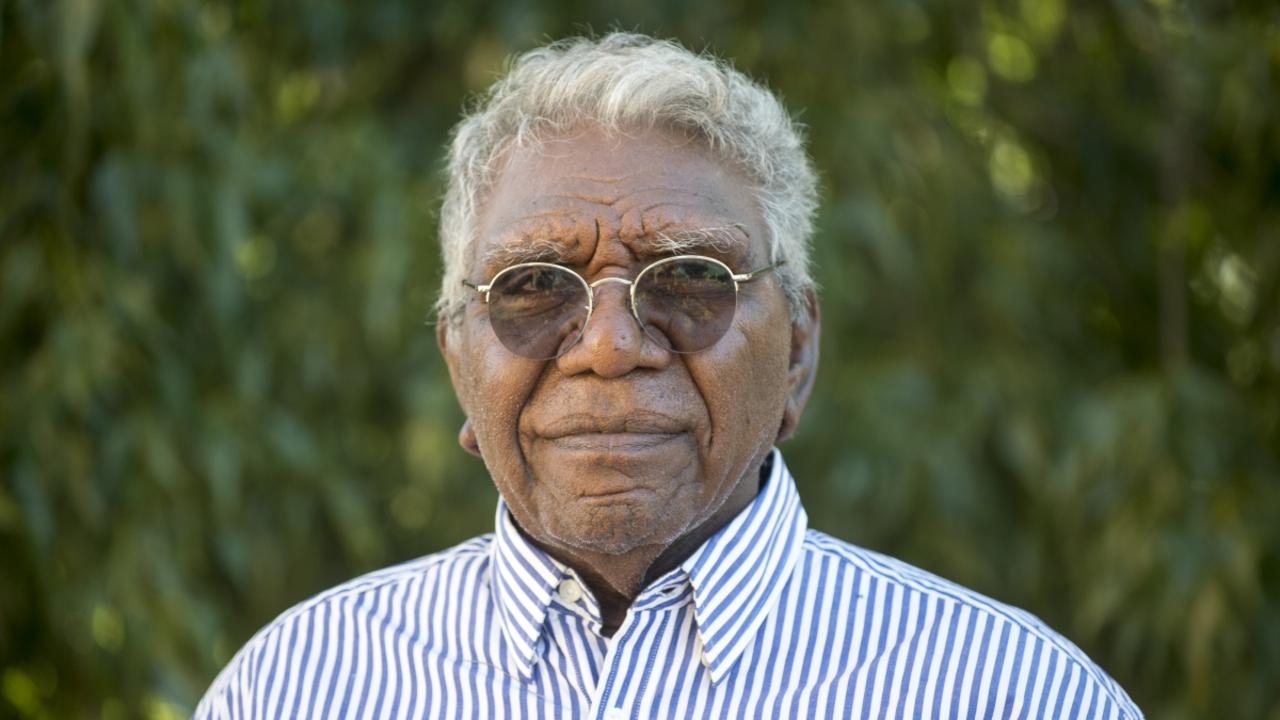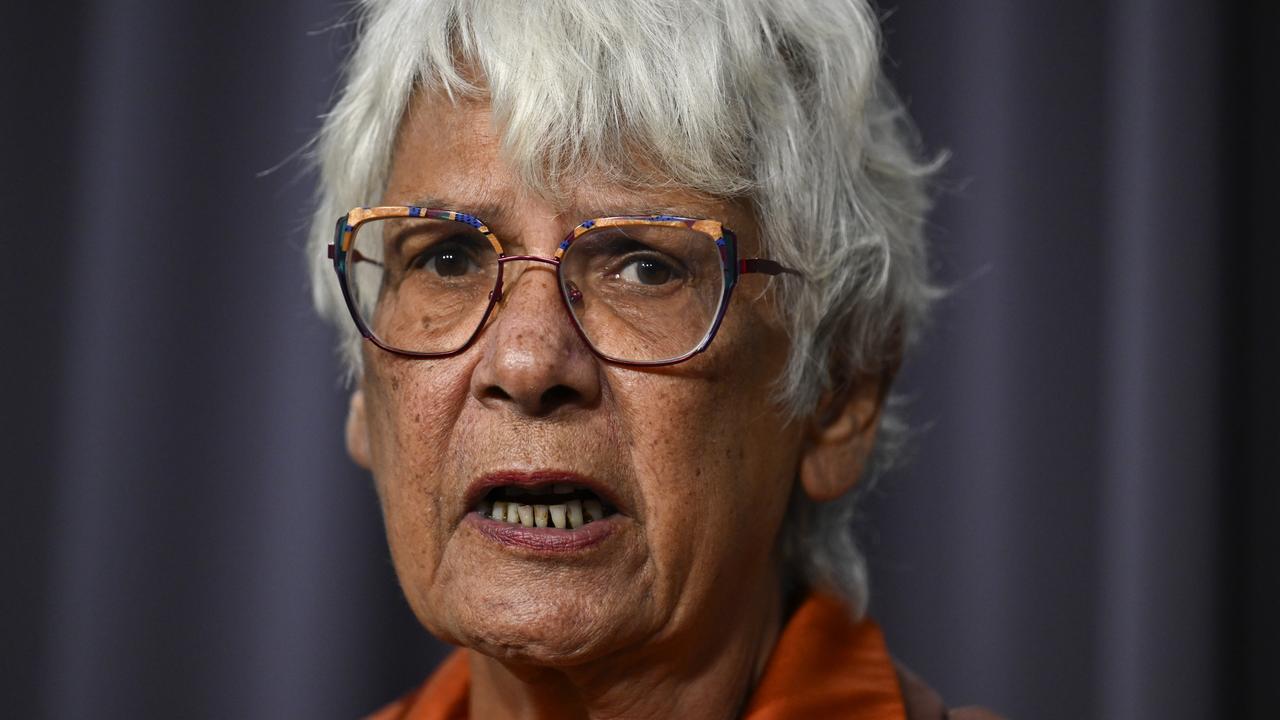Alfie swimming against Cape’s hesitancy tide
At 98, give or take a year, Alfie Neal is among a minority in his community to get a Covid-19 jab.
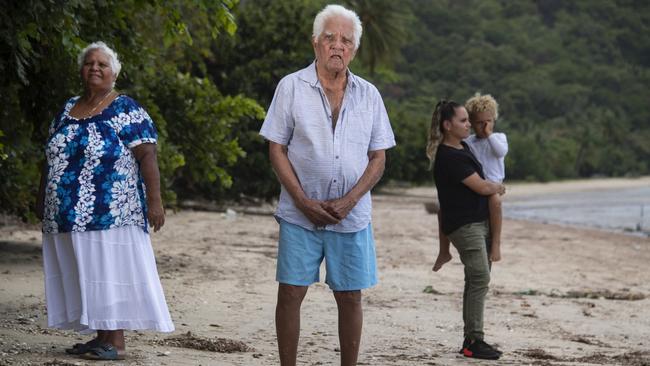
At around 98 years of age, give or take a year – there isn’t a birth certificate – Alfie Neal is a rarity among Australia’s Indigenous people.
He has lived decades longer than most and, in his 2500-strong community of Yarrabah, just 40 minutes’ drive from Cairns, he is among a minority who has received a Covid-19 jab.
Despite the vulnerability of Aboriginal people – with higher rates of chronic disease and shorter life expectancies – the vaccination rates are dangerously lagging behind the rest of Australia, and nowhere more so than on Cape York.
Only 32 per cent of people in Yarrabah are like Alfie, and have their first dose, with 18 per cent fully vaccinated. The rates are even lower in other Aboriginal communities, with Mapoon, on the tip of the peninsula, having only 22.6 per cent of its population receiving a single jab and 16.3 per cent with a second dose.
Alfie told The Australian that Yarrabah, which has been closed to outsiders several times in the past 18 months when there were positive cases detected in Cairns, would be devastated if the virus got into the coastal community.
Despite the risks, he said many of his family and neighbours, particularly the younger ones, were hesitant and even adamant they would not be getting vaccinated.
“A lot of them are just ignorant and worried about the effect of getting it. A lot of things are being said about the vaccine, and there is a lack of education about it all,’’ he said.
“The government, elders and the community all need to more to drive this.’’
Lexy Carroll, the lead nurse at Yarrabah’s Gurriny Yealamucka Health Service – which is one of the few local clinics dispensing the vaccines in Aboriginal communities – said that next week they would be going door to door.
“The false news on social media is everywhere, it’s scaring people, and we are going to go into people’s houses and talk,’’ she said.
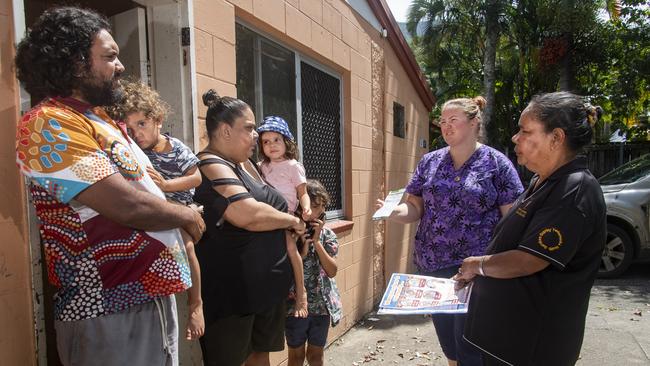
Community leaders and health workers in the rest of Cape York who have spoken to The Australian have blamed a mixture of factors for the low vaccination rates, including the state government’s use of “flying squads” to dispense the jab, rampant misinformation and “crazy” rumours spread across social media.
The rollout was suspended for months earlier this year when the state government halted the use of the AstraZeneca vaccine in Indigenous communities because of the small risk of blood clots.
Aileen Addo, Mayor of Mapoon on the western tip of Cape York, said the rollout teams came for two days in August and then mid-September to vaccinate the 300-plus population.
“We as a council have done all we can to encourage people to get the needle,” she said.
“People are worried about it, they are worried if it makes them sick and about their fertility. They are frightened.
“There was community meetings with health people, but they don’t work, people are ashamed to ask questions.
“They need to come here and go house to house and sit down and answer questions.’’
Cape York leader Gerhardt Pearson is from Hope Vale – a community of 1100 people on the eastern side of the peninsula. It has the worst fully vaccinated rate in Queensland, with 30 per cent receiving their first jab and only 5 per cent their second dose.
Mr Pearson told The Australian that the rollout had been a “failure” that could be largely be blamed on a lack of co-ordination between Queensland Health and federally funded health clinics in communities, as well as misinformation about the vaccine.
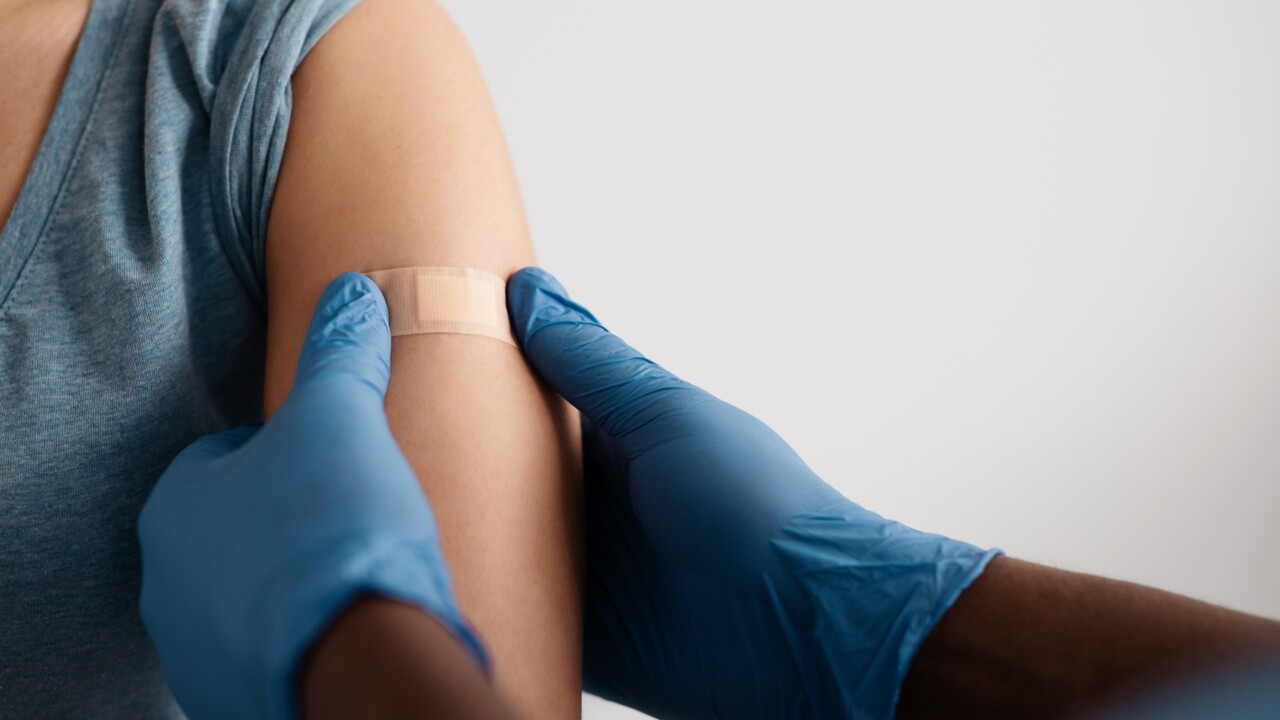
“Queensland Health had these teams fly in to deliver the jabs, but the people in the communities have these clinics and doctors who they rely on and trust, they should have been the ones talking to people and giving the jabs,’’ he said.
“There has also been the fear spread across social media and lack of messaging to counter this.
“And while there has been a lot of wasted air and politics between state and federal levels of governments, there been no attention paid to what is needed at the coal face or to listen to communities.’’
Earlier in the day, Deputy Premier Steven Miles said the problem was in convincing people to get the jab.
“In some ways they have had the greatest access – Queensland Health moved very quickly to go into those communities and provide access,” he said. “The challenge is one of communication and trust, and we will continue to work on that.
“Many of our remote Indigenous communities now have some of the highest levels of childhood immunisation so we know that we can achieve those kind of results, but it takes time to build the trust that is needed.
“I think we should just appreciate that it does take time in those communities.”
Health Minister Yvette D’Ath warned pockets of Queensland with low vaccination rates would become “ground zero” for the pandemic when the Delta strain entered the state.
The Australian this week revealed fears of senior doctors for people living in areas where vaccination rates are low and hospitals are at capacity.
Ms D’Ath began a regional vaccination tour in Mackay on Thursday, alongside chief health officer Jeannette Young, in a bid to boost lagging jab rates. “Because we have been so successful in keeping this virus out of our communities and, particularly, out of the regions a lot of people are feeling very safe.,” she said.
More Coverage
